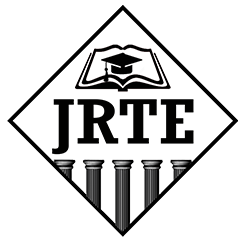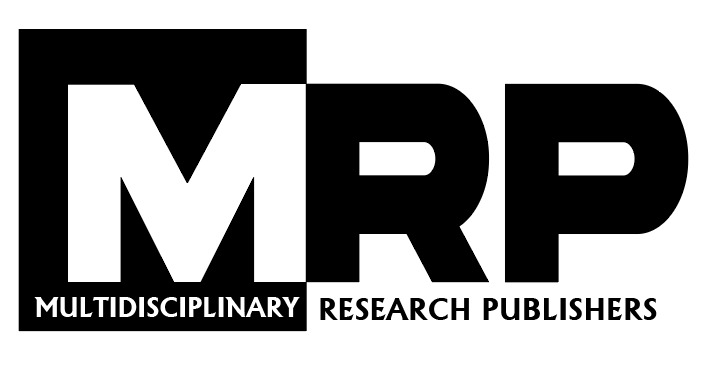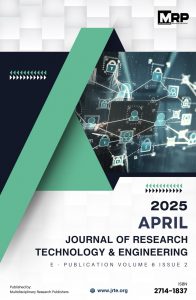Downloads
These The field of nanotechnology has seen tremendous growth over the past and the present decade, and it has improved and impact a measurable effect on all the sectors in the society, such as medical (Drug delivery, biomarker mapping, molecular imaging, detection, gene delivery, diagnosis, and diagnosis monitoring), food (production, food processing, food safety, food packaging, and Nutrition), engineering (optical engineering, nanodevices, bioengineering, tissue engineering), polymer sector (textile, plastic, and polymer), electronic, etc. Nevertheless, in the agricultural sector, the agricultural diagnostic, the remediation of soil, and water, pollution monitoring, sustainable agriculture, nano pesticides, precision farming section, and fertilizer were improved, but nanotechnology in the applications of the agricultural sector is still relatively under development, especially in the fertilizer. Nanotechnology is the best and potential solution for problems caused by conventional fertilizer in the agricultural system. This paper aims to highlight the use of nanotechnology in the fertilizer system and also provide information onnano – fertilizers that are used for plant growth and nutrition. Under three themes in nanotechnology implementation for fertilizers such as Nanoscale Fertilizer Inputs, Nanoscale Fertilizer Additives, and Nanoscale Coatings/Host Materials for Fertilizers, especially explore the potential directions of usages Nanoscale fertilizer inputs. This paper will also discuss the advantages and disadvantages of Nanotechnology in fertilizer systems for agriculture
Written by JRTE
ISSN
2714-1837
| M | T | W | T | F | S | S |
|---|---|---|---|---|---|---|
| 1 | 2 | 3 | ||||
| 4 | 5 | 6 | 7 | 8 | 9 | 10 |
| 11 | 12 | 13 | 14 | 15 | 16 | 17 |
| 18 | 19 | 20 | 21 | 22 | 23 | 24 |
| 25 | 26 | 27 | 28 | 29 | 30 | 31 |
Our Visitors






 Users Today : 15
Users Today : 15 Total Users : 32823
Total Users : 32823 Views Today : 19
Views Today : 19 Total views : 88554
Total views : 88554 Who's Online : 0
Who's Online : 0 Your IP Address : 216.73.216.44
Your IP Address : 216.73.216.44

